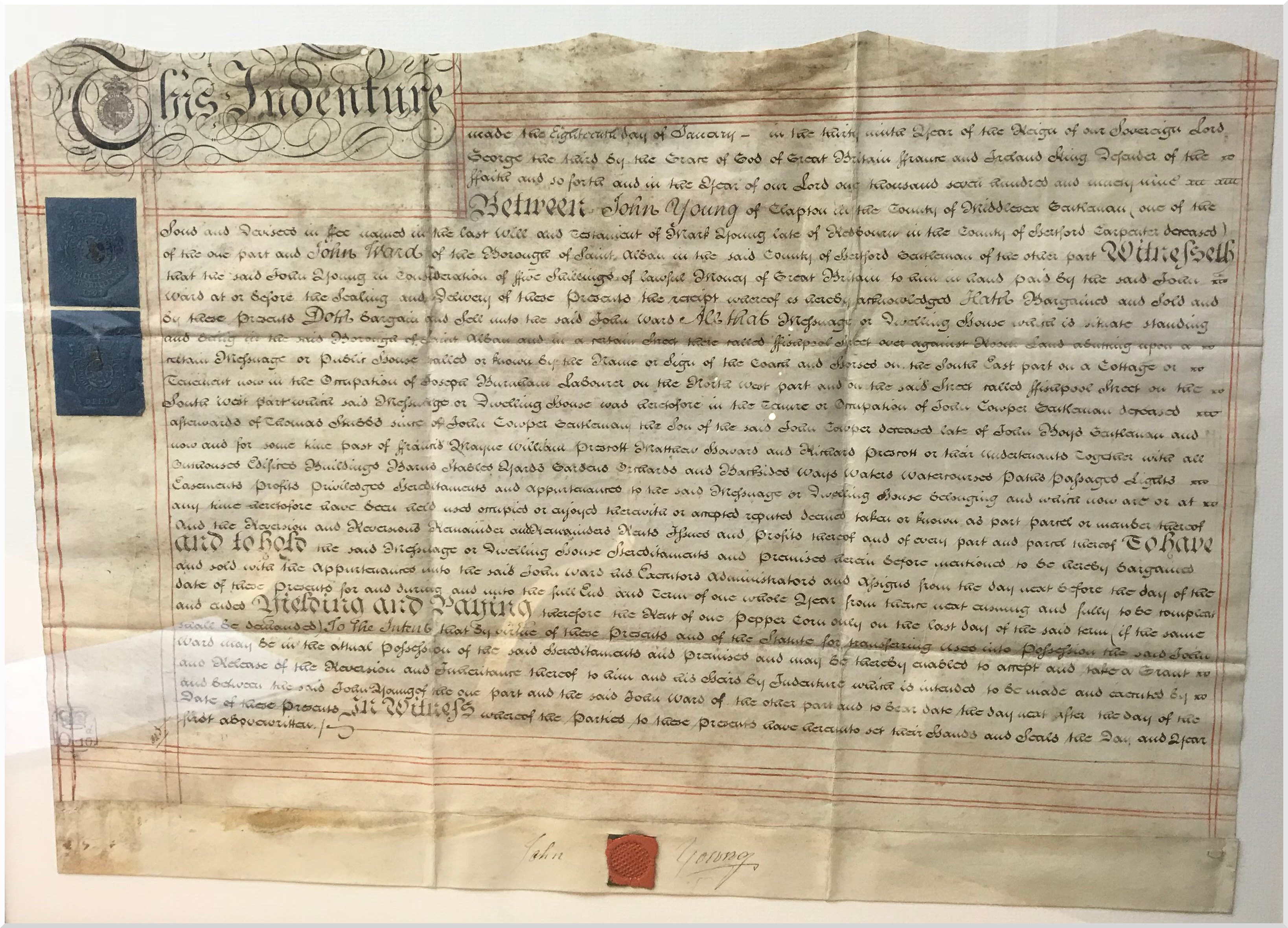The Family Courts face many challenges, but one which has received a great deal of media attention over the last year or so is: how to deal with cases where there is non-disclosure and how to enforce any subsequent Orders.
This has been reiterated towards the end of 2015 by the Supreme Court confirming that Alison Sharland and Varsha Gohil may both proceed with their appeal against Orders that were made some years ago. Their appeals were made on the basis that their respective husbands were dishonest about the value of their assets. It will be interesting to see what comes of these appeals.
Non-disclosure is where one party to financial remedy proceedings fails to provide the Court with all of the information and/or evidence of their financial position. It was addressed in the case of Young v Young, in which Mrs Young alleged that her husband was hiding (or failing to disclose) many millions of pounds worth of his assets. It was for the Court to, essentially, decide which of the parties they believed. Did Mr Young have next to nothing, as he alleged, or had he hidden huge sums in an attempt to defeat Mrs Young’s claims against him as part of their divorce settlement?
In such cases, a Judge simply has to make a decision based on the parties’ witness evidence and all of the information before them. This is, of course, incredibly difficult to do. Forensic accountants can be instructed to attempt to trace the transfer of assets and establish whether they have been spent or lost, but this is expensive and (as the above case shows) does not guarantee they will be found.
However, this is just the tip of the iceberg. If a Judge believes that assets have been hidden, and makes an Order that one spouse receives a payment from those sums, then it is incredibly difficult for the receiving spouse to enforce this Order if/when the sum is not paid. Once again, this was a difficulty which Mrs Young was confronted with.
The Court has the power to fine, imprison or Order the accused to undergo unpaid work, but this is often not enough to deter non-disclosure, and it leaves the spouse who has been awarded the settlement unpaid.
The Law Commission are considering how to improve this position, but it is unlikely to change unless the Courts begins to take a particularly robust approach to any non-disclosure. Thankfully, the Supreme Court’s decision in the Sharland and Gohil cases suggest that the Court is beginning to get to grips with this.
If you would like further information in relation to non-disclosure or family law generally, please contact one of our family solicitors.





